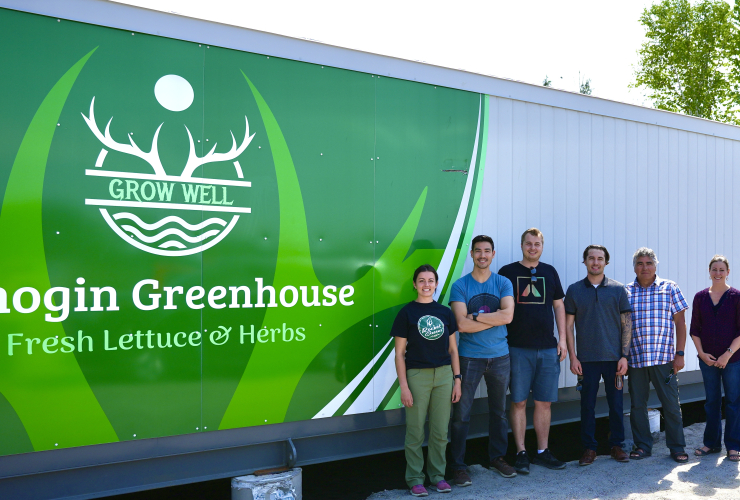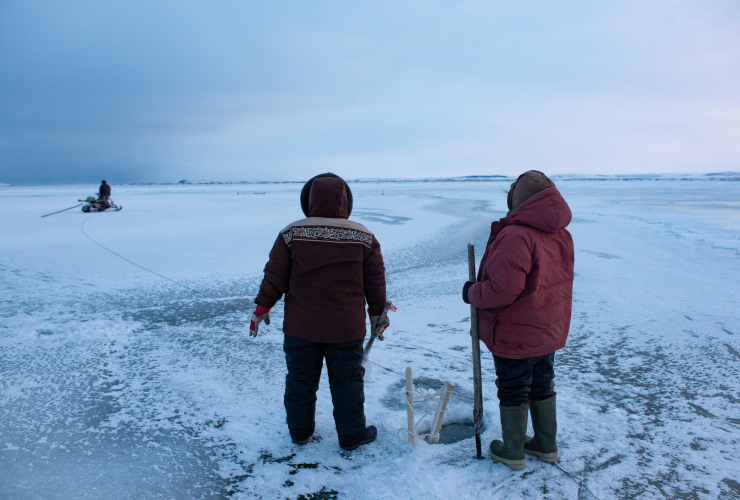Marc Fawcett-Atkinson

Journalist
Vancouver
English, French
About Marc Fawcett-Atkinson
Marc Fawcett-Atkinson is a reporter and writer covering food systems, climate, disinformation, and plastics and the environment for Canada’s National Observer.
His ongoing investigations of the plastic industry in Canada won him a Webster Award's nomination in environmental reporting in 2021. He was also a nominee for a Canadian Association of Journalists's award for his reporting on disinformation.
Marc has previously written for High Country News, the Literary Review of Canada, and other publications on topics exploring relationships between people and their social and physical environments.
He holds an M.A. in journalism from the University of British Columbia and a B.A. in Human Ecology from the College of the Atlantic.










